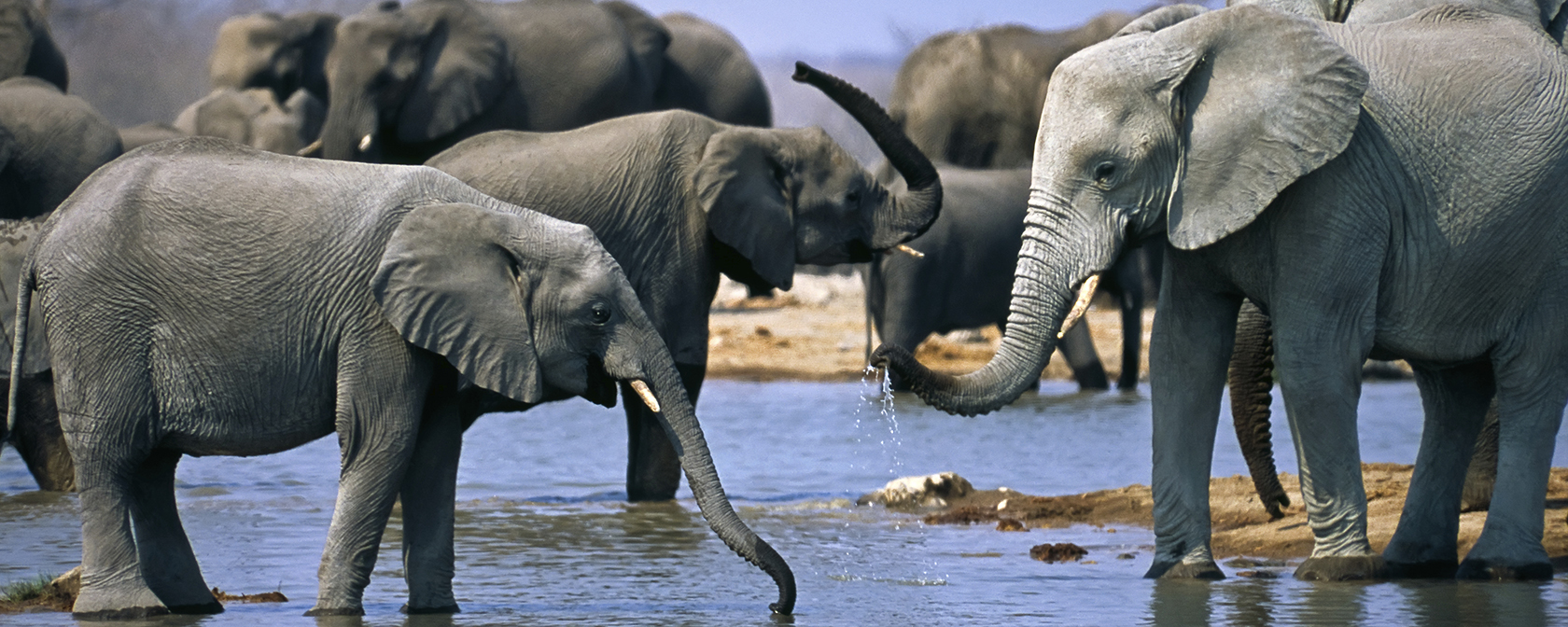By Sara Amundson and Kitty Block
The United States is one of the world’s largest destinations for illegal wildlife products. Each year, traffickers smuggle in millions of dollars’ worth of items from poached animals, including shark fins, pangolin scales, ivory trinkets, animal trophies, and live animals like monkeys, parrots and snakes for the pet trade and entertainment.
This week, in a move designed to strike a body blow to our nation’s participation in this multibillion-dollar global trade that is driving thousands of animal species to extinction around the world, the State Department announced it will deny visas to known wildlife traffickers trying to enter the United States.
The new policy treats wildlife trafficking as the extremely serious crime it is, by putting wildlife traffickers in the same league as money launderers, arms runners, and drug and human traffickers. It closes a troubling loophole in current visa practices and includes protections to prevent any discrimination based on a person’s religion, nationality and other non-relevant factors.
We commend the State Department for making this welcome, and long-overdue, policy change. Wildlife trafficking is a global, multi-billion-dollar industry with deep links to other criminal syndicates, including drug smuggling and terrorism, and it has depleted the world’s wildlife at an unsustainable rate.
An estimated 20,000 African elephants are poached each year to meet the demand for ivory trinkets and ornaments. Rhinos continue to be killed for their horns, which are used in bogus tonics and aphrodisiacs and carved ornamental cups. More than one million pangolins have been trafficked in the last decade for their scales used in traditional medicine. The list goes on, including some of the world’s most beloved animals like giraffes, tigers and sea turtles.
There is a heavy cost to human life as well: it is estimated that each year, poachers and traffickers kill an average of 100 park rangers who are protecting wildlife on the front lines around the world. The global trade in wildlife has also been implicated in disease outbreaks in humans, including the current coronavirus pandemic.
Both the Obama and Trump administrations worked to elevate wildlife trafficking as a serious crime through executive orders and other policy initiatives. In 2016, Congress took steps to fight the illegal wildlife trade by passing a law designed to end poaching and wildlife trafficking. That law has already been effective in helping capture wildlife traffickers and disrupting the trade, and the new State Department policy announced this week came on the heels of recommendations made by a task force set up under this law.
We are calling on Congress to permanently reauthorize this law by passing the Eliminate, Neutralize, and Disrupt (END) Wildlife Trafficking Reauthorization and Improvements Act of 2020, introduced by Sens. Chris Coons, D-Del., and Rob Portman, R-Ohio. The State Department policy sets us on a promising path toward ending this nefarious trade on our soil, and now is the time to ensure that we use every tool at our disposal to crack down on those who exploit the world’s most iconic animals.
Kitty Block is President and CEO of the Humane Society of the United States.




